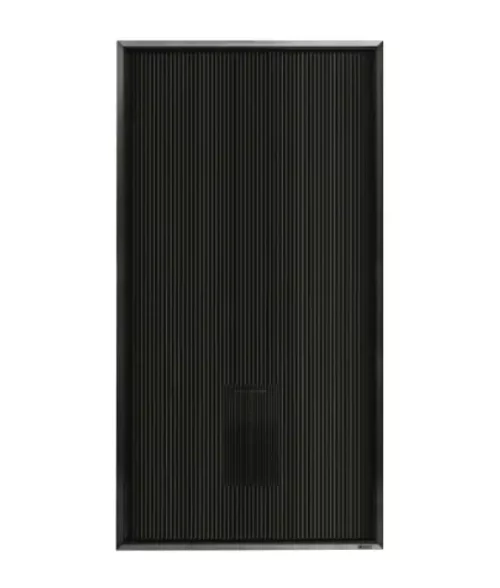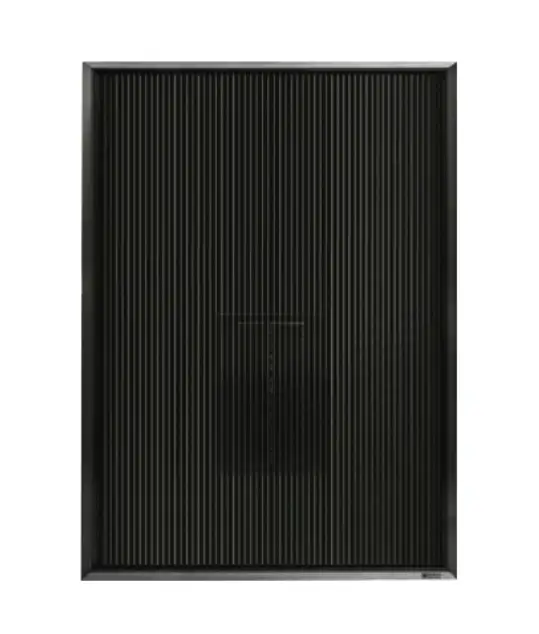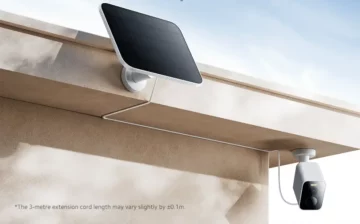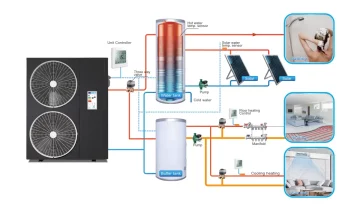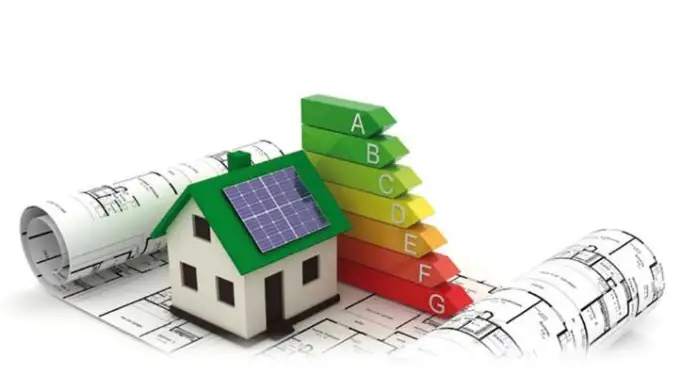Humidity in the basement of an apartment building: an innovative solution to the problem
Basements of residential buildings are usually intended for technical needs. Regulatory documents clearly define what the humidity should be in the basement of an apartment building, and maintaining it within the specified limits is entrusted to the service organization (management company, HOA).
- The temperature must be at least 5°C warm.
- Relative humidity should not exceed 60%.
Humidity in the basements of multi-apartment buildings: causes, consequences
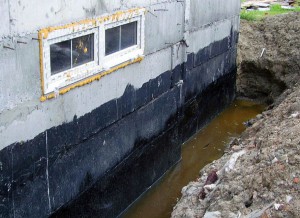
Indoor microclimate indicators are influenced by a complex of factors, and natural external causes (weather and season features) do not always play a leading role in their determination.
- Incorrect or insufficient waterproofing of the foundation is a common problem for multi-storey buildings. Unfortunately, it can be completely solved only with the help of an expensive and time-consuming procedure for performing vertical waterproofing of the foundation walls.
- Incorrect or insufficient waterproofing of the basement leads not only to excessive humidity in the room but also to flooding with groundwater. At best, you can get by with coating or injection waterproofing, at worst, you will also have to equip vertical waterproofing.
- The absence of a blind area near a multi-storey building, made in accordance with regulatory requirements. It should have a width of 0.7 m and a slope of 2-3 ° outward and also protrude beyond the edge of the eaves by at least 0.2 m.
- Violation of the functionality of the drain may be associated with the failure of the elements of the system or their breakdown. Rain and water, when the snow melts, will then flow directly along the walls and will penetrate into the building and into the basement, leading to dampness. Timely technical inspections and repairs of engineering systems are a guarantee of maintaining a healthy microclimate in the premises.
- If the walls are not adequately insulated, condensation will form because the difference between the outside and inside temperatures is not evened out. Insulation of walls from the outside can significantly help in resolving this issue – the involvement of specialists in facade work is also available for residents of an apartment building.
- Insufficiency or absence of a forced ventilation system results in stagnation of air in the room.
- Increased humidity and dampness in the basement of an apartment building leads to the formation of condensate and the appearance of mold, corrosion of metal parts and pipes, and the development of pathogenic microflora.
Solving the problem of high humidity in the basement

Ways to improve the microclimate in the basements of high-rise buildings are listed in the “Rules and norms for the technical operation of the housing stock” dated September 27, 2003.
- It is indicated that rooms of this type should be ventilated in any season through the operation of ventilation openings and channels or other devices with the condition of ensuring a single air exchange.
- Open vents are a prerequisite for maintaining a healthy microclimate.
- In the event of an increase in humidity in the basement of a high-rise building, its cause must be eliminated and ventilation intensified, for example, by installing doors and windows with bars or blinds. If necessary, it is allowed to make from 2 holes in the basement for each section of the house, placing them in the walls opposite each other.
In practice, the problem is often beyond the attention of the service company due to insufficient time and financial resources to solve it. In this case, residents should take the initiative in finding an answer to the question of how to remove moisture in the basement of an apartment building, since the consequences of delay can affect the condition of the building and the health of its inhabitants in the most unfavorable way.
The use of solar collectors to ventilate basements
Since regulations allow the installation of additional technical equipment to provide forced ventilation to remove dampness from the basement of a high-rise building, the use of solar energy seems to be the most reasonable option. The use of air collectors eliminates the constant additional financial burden on apartment owners, and the possibilities for arranging the premises are greatly expanded.
In a modern new building, a warm and well-ventilated dry basement can become a place for equipping pantries, billiard rooms and even gyms. Installation of solar panels is carried out without permits, the equipment is fireproof and does not need constant maintenance and control.

